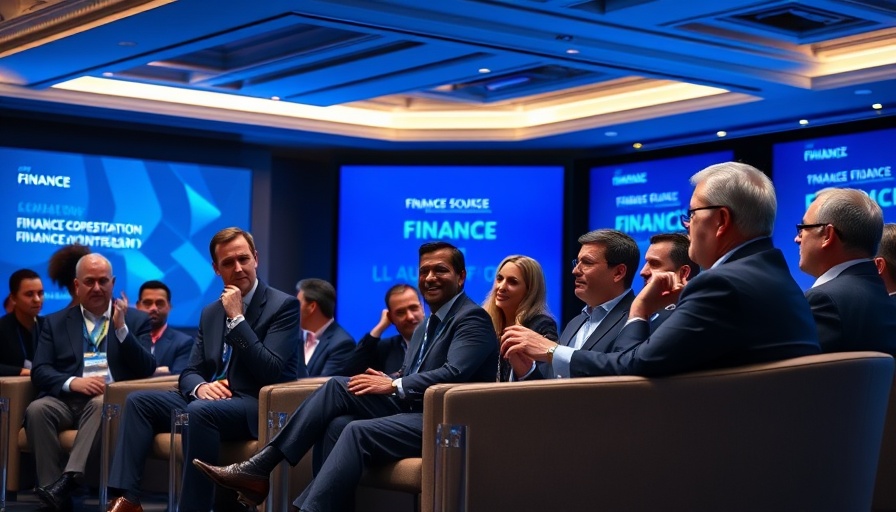
Philippines Set to Lead Regional Blended Finance Initiatives for Sustainability
As the Philippines prepares to take on the Asean chairmanship in 2026, officials are rallying to promote blended finance as a means to unlock vital investments for sustainable development across Southeast Asia. Ellen Joyce Suficiencia, director of the sustainability office at the Bangko Sentral ng Pilipinas (BSP), emphasized the importance of this initiative during the recent Eco-Business forum on unlocking capital for sustainability in Metro Manila.
The Role of Blended Finance in Facing Climate Challenges
Blended finance stands at the intersection of public and private funding, merging traditional resources with innovative financing solutions to bolster adaptation and resilience in climate projects. Suficiencia expressed a commitment to building partnerships among Asean nations, aiming to bridge governments, NGOs, and philanthropists in co-investing for climate initiatives. This move comes as developing economies face increasing challenges to secure funding, particularly as Western aid diminishes.
Why Now? The Urgency of Sustainable Development
The urgency for robust financial frameworks is underscored by the pressing reality of climate change and the achievement of sustainability development goals. As the socio-economic landscape shifts, investing in green projects—from renewable energy to sustainable agriculture—becomes essential. According to studies, blended finance facilities have emerged recently but often skew towards renewable energy, leaving significant gaps in other critical areas requiring attention.
Creating a Framework for Collaboration and Investment
As the Philippines assumes leadership, the focus will shift towards establishing a clear framework detailing the roles of different actors within Asean. With Suficiencia at the forefront, the aim is to delineate how countries can effectively promote blended finance and employ mechanisms to de-risk investments in climate initiatives. “We hope to champion a framework that sets out what each actor can do,” she stated, emphasizing the collaborative spirit desired in promoting sustainable development.
Potential Reach of Blended Finance in the Region
The future of blended finance appears promising, with the Philippines positioned to accelerate sustainable bond issuances and reduce issuance costs across the region. By fostering a system that enables easier access to financial resources for green initiatives, Asean leadership can set a precedent that resonates throughout Southeast Asia, encouraging other nations to adopt similar frameworks tailored for their local contexts.
Addressing the Funding Gap: The Bigger Picture
While Asean countries have witnessed a budding interest in blended finance, the majority of transactions remain concentrated in the renewable sector, and funding volumes have stagnated over the last five years. This reveals an urgent need for a more balanced approach to finance, where various sectors, including sustainable agriculture and green businesses, receive adequate funding. By addressing these gaps, the Philippines can set a robust example in revitalizing local economies while also protecting the environment.
Call to Action for Eco-Conscious Readers
As the Philippines gears up for its leadership role in Asean, eco-conscious readers and activists are encouraged to engage with local initiatives that promote sustainable products and responsible consumption. Embracing a green lifestyle, from reducing waste to supporting ethical sourcing, aligns with the overarching goals of climate resilience and sustainable development. To contribute positively, consider exploring sustainable living practices, supporting local green businesses, and advocating for environmental stewardship in your communities.
 Add Row
Add Row  Add
Add 



Write A Comment